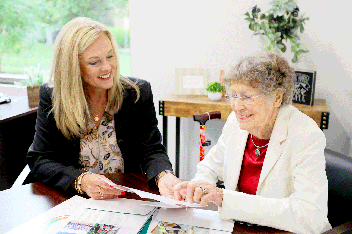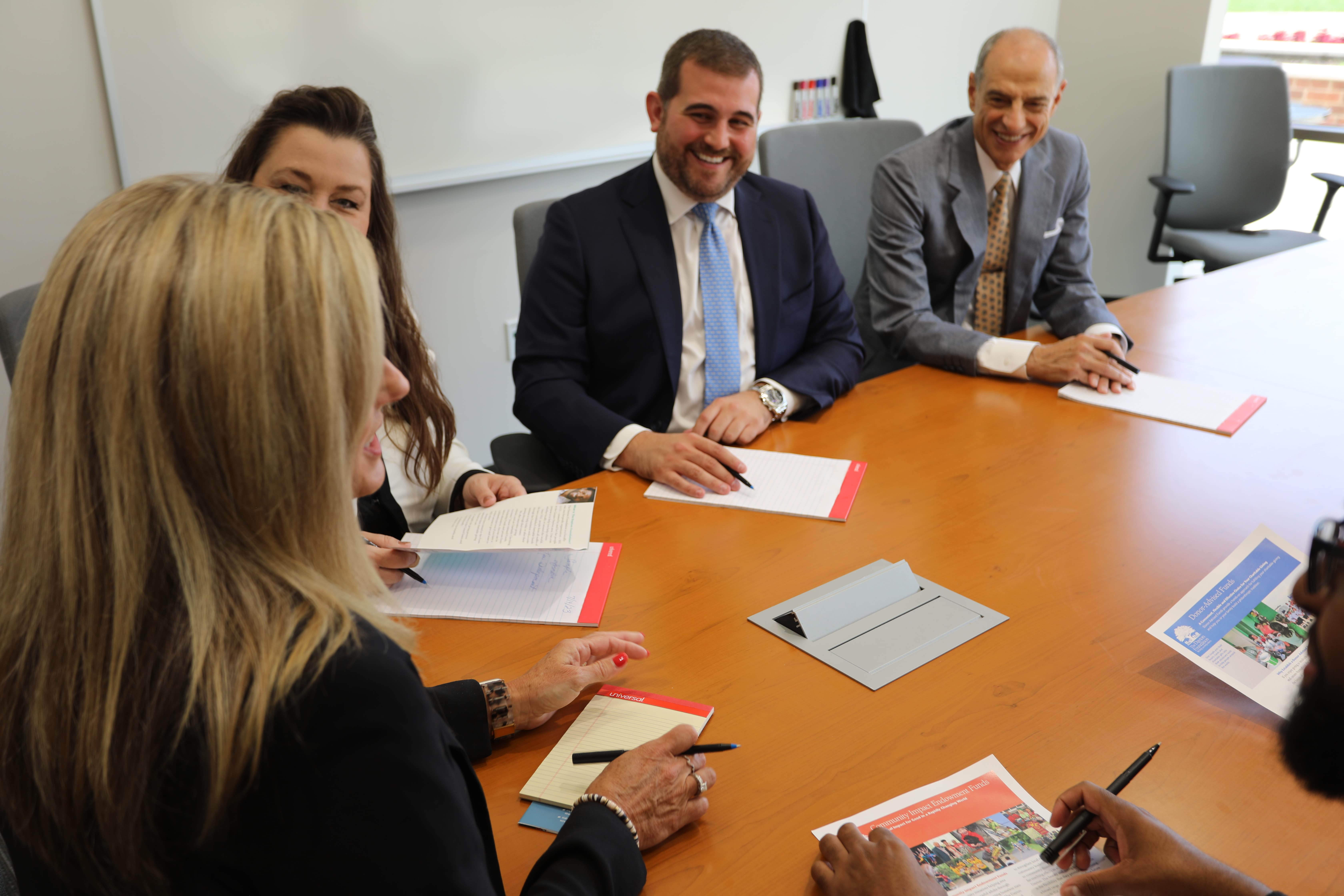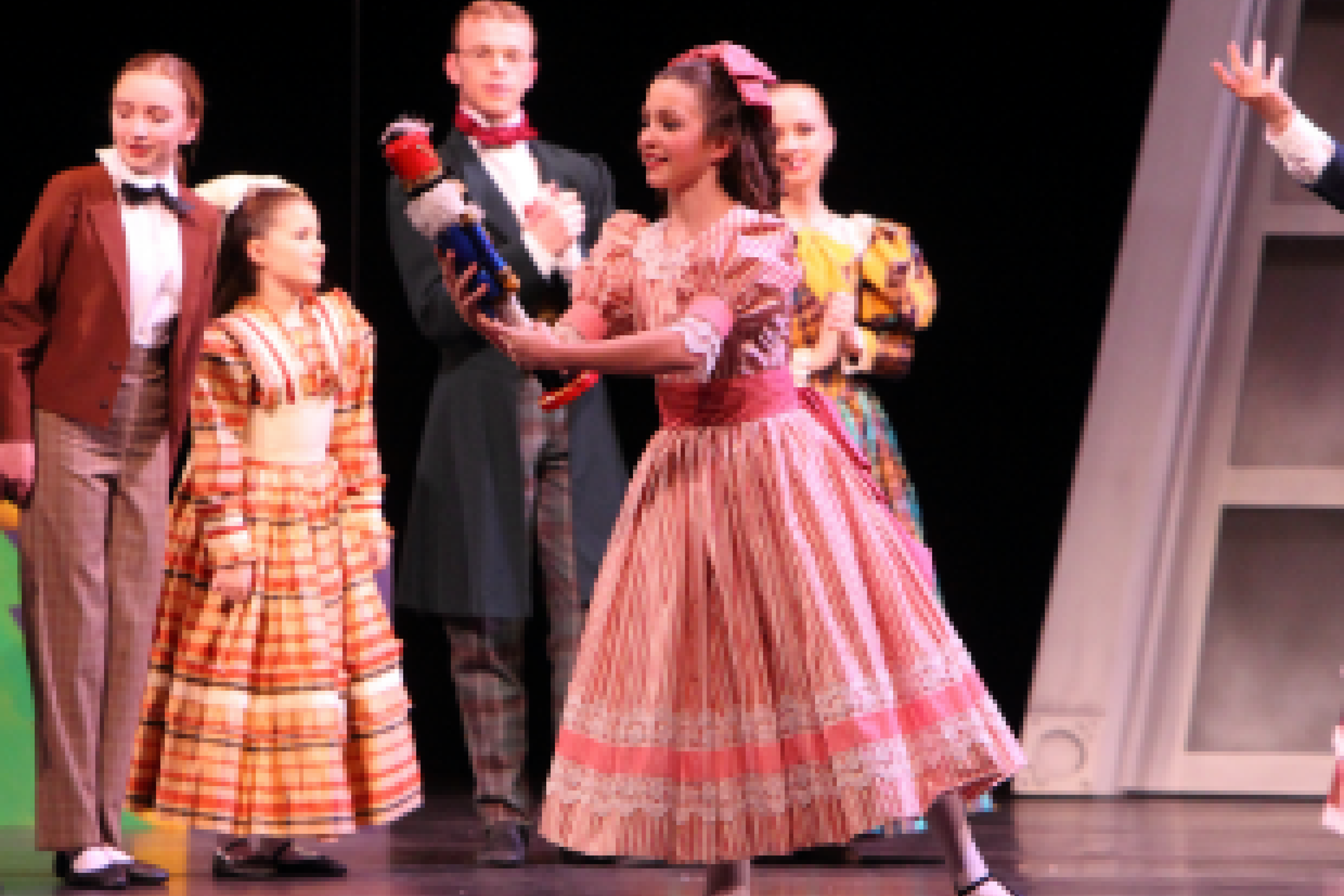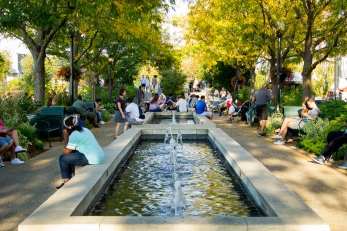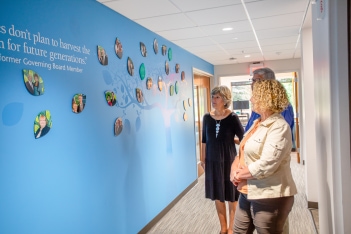Although Charity and Stanley Earley, Jr., met as undergraduate students at Wilberforce University in the late 1930s, it would be more than decade before they would begin to build their life together. Both had lofty career goals to carry out before settling down, including serving their country during World War II.
Stanley, who transferred to Ohio State University to complete his degree, was working as an engineer at Wright-Patterson Air Force Base when he enlisted in the United States Army. After the war, he set out to become a doctor.
“In the 1940s, there were only a handful of medical schools in the U.S. that accepted a limited number of African-Americans,” said Stanley Earley III, director of the Office Management and Budget for Prince Georges’ County, Maryland. “My father stayed in Europe and was accepted into two medical schools, one German speaking and one French speaking. He ultimately graduated from the University of Zurich in Switzerland, a German-speaking university.”
Charity returned to her hometown of Columbia, South Carolina, after graduation to teach, one of few career choices available to African-American women at that time. In 1942, Charity enlisted in the Women’s Army Auxiliary Corps, later renamed the Woman’s Army Corps (WAC) and quickly rose up the ranks to become its first African-American female officer. Later, she was appointed the commanding officer of the 6888th Central Postal Directory Battalion, the only battalion of African-American women to serve overseas. By the end of the war, Charity had been promoted to lieutenant colonel, making her the highest-ranking African-American woman in the WAC when she retired from service in 1946.
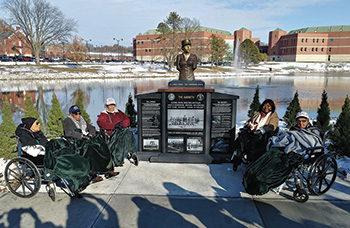
Though her time in the military spanned less than four years, Charity was included in a Smithsonian Institution listing of 100 important black women in history and recently was commemorated with a bust of her likeness at a monument at Fort Leavenworth, Kansas, that honors the 6888th’s wartime accomplishments.
After the war the Earleys married and made their home in Dayton, where he operated a family medicine practice for nearly 40 years and became a leader in the medical community. They also raised two children – Stanley III and Judith – in whom they instilled the importance of serving others.
“My parents encouraged us to stay engaged in the community. They believed it was our responsibility to do so,” Stanley III said. “I remember many conversations around the dinner table discussing important issues in the Dayton com-munity. We would talk about what we could do to help. In our family, it was just what you did.”
Active community volunteers, Stanley Jr., and Charity served on various boards, including the Dayton Art Institute, Dayton Philharmonic Orchestra, Sinclair Community College and United Way. Charity’s experiences with segregation in the military were a driving force in her volunteerism. She worked with local leaders, such as John Moore, Sr., to enhance educational and socioeconomic opportunities for African-Americans, including establishing Parity 2000, now known as Parity. She also was instrumental in the creation of the group’s Black Leadership Dayton program.
“Money is only a piece of giving. Part of being a good citizen is to stay involved,” Stanley III said. “My parents were active volunteers for many organizations and very involved in church. They believed you should share in improving the community in which you live.”
In 2002, shortly after Charity’s passing, Dr. Earley established the Dr. Stanley A. Earley, Jr., and Charity Edna Earley Fund through the African-American Community Fund of The Dayton Foundation. He donated an initial gift, but Stanley III and Judith are committed to grow the fund to honor their parents’ legacy. Among the organizations the fund has awarded grants to is the Dayton Contemporary Dance Company and Wilberforce University.
“It was important to my parents to establish this fund so that they could support in perpetuity the causes that were meaningful to them during their lifetimes, such as the arts and education,” Stanley III said. “I would like them to be remembered for being engaged and caring about the community. Their Dayton Foundation fund helps their legacy live on.”


